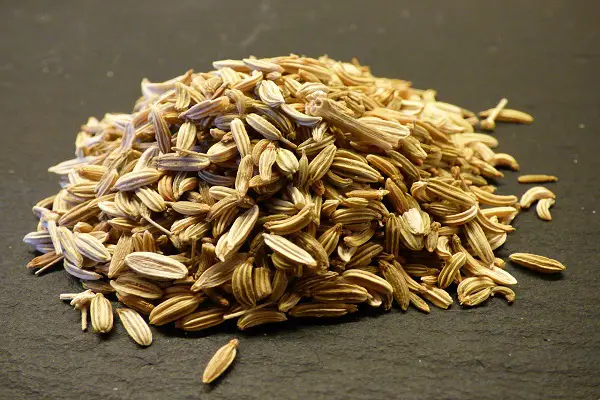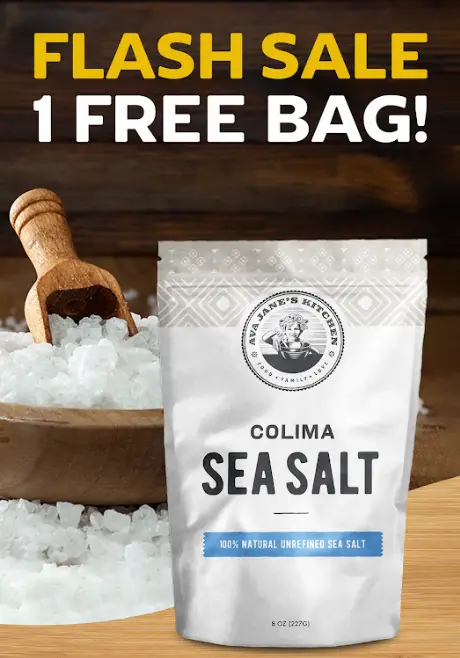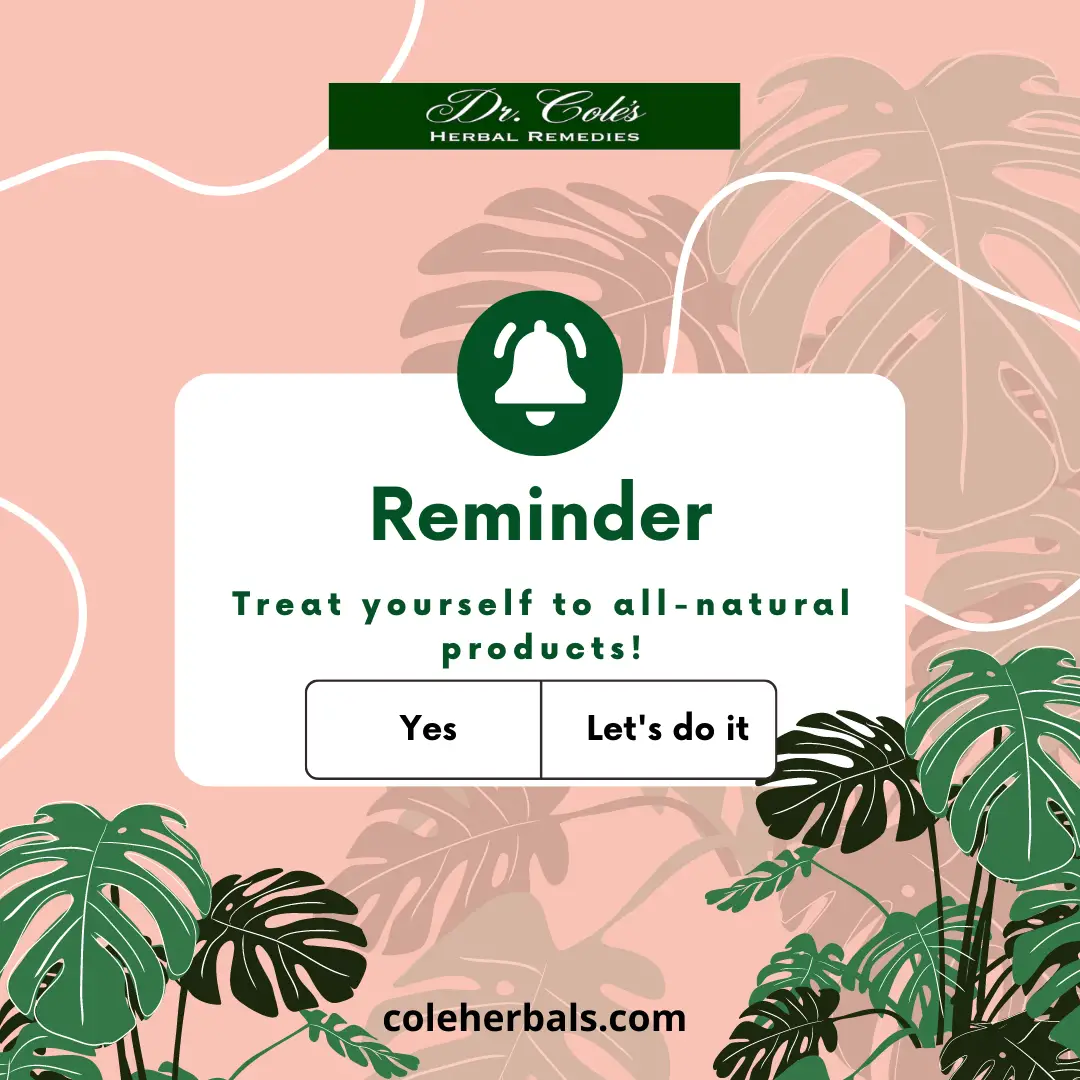
Photo by Josikins, Wikipedia Commons
Bloating is an unfortunate side effect of eating that all of us encounter at some point of our lives.
Sadly, even healthy eating is not always enough to remedy it because of the causes. Bloating can be triggered by gas-producing foods such as the cabbage family, by food intolerance and allergies, or other bodily dysfunctions such as weak and sluggish digestion.
Fortunately by listening to your body and by learning which foods cause, prevent, and treat bloating – you will be well-equipped to take care of this common problem.
The first task is to learn to listen to your body. This can be done by keeping a food journal: every time you eat something, write down how you feel after, which foods make you feel good and which do not. Also, write down the time of the day you were eating these foods; some are better digested in the morning than at night, and vice versa.
Next, learn some simple prevention strategies such as:
- Eat when you are actually hungry.
- Do not drink anything for 30 minutes after the meal to not dilute the stomach digestive juices.
- Wait at least three hours between meals and snacks.
- Avoid these food combinations: fruit after a meal, grilled cheese sandwich, cheese and meat, tomato and cheese pasta, cereal with milk and orange juice, beans and cheese, bananas and milk, yogurt and fruit (Ayurvedic medicine explains why these are bad).
- Chew your food well. Up to 30 times for dense food like vegetables and meats.
- Do not talk while chewing. The air that gets while talking can spoil the digestion in the stomach.
- Take enzymes when you need help digesting a heavy meal.
- Take probiotics on a regular basis.
If you are following the guidelines above and once a while, still feel bloated, here are some dietary changes to implement to fight bloating.
3 Foods to Avoid to Prevent Bloating
Salt: Greatly reduce your salt intake; sodium contributes to bloating by causing water retention. Find an organic salt-free seasoning you love as much as salt, and use it to spice up your meals.
Starches: heavy carbohydrates are tough to digest, such as bread, potatoes and pasta. It is best to avoid those before going to bed or you will wake up bloated in the morning.
Artificial sweeteners: Sucralose, cyclamate, and aspartame do not break down easily in the stomach, all the while increasing appetite, which can lead to overeating.
8 Foods and Remedies to Consume that Prevent Bloating
Lemon and apple cider vinegar: Mixing a teaspoon of apple cider vinegar with a squeeze of lemon in a glass of room temperature water makes the best drink to consume first thing in the morning. Apple cider vinegar acts as a probiotic, and high-alkaline lemon corrects your body’s pH level. Both help prevent bloating.
Dandelion tea: Dandelion is a diuretic; it helps the body to get rid of excess water via urinating. Drinking one cup of it daily makes sure you are getting rid of any water retention that can trigger bloating.
Cucumber water: Cucumbers are another diuretic, but also one of the foods that contain living water or the fourth phase of water. Drinking cucumber water, therefore, makes it easier to stay hydrated than with water alone. The silica in cucumbers also helps reduce bloating.
Magnesium and potassium: These two important nutrients help fight against water retention and aid in relieving bloating and gas. Magnesium relaxes intestinal muscles, while potassium provides needed circulation to all body fluids.
Ginger: Adding fresh ginger or a spice in dishes, helps prevent bloating. You can also make ginger tea, which is anti-inflammatory and helps heal the gut.
Turmeric: Just like ginger, cooking with turmeric helps prevent digestive problems. The active ingredient, curcumin, helps relieve abdominal pain, pressure, bloating, and feeling too full.
Pumpkin: Pumpkin is a great food for preventing bloating. It contains fiber, potassium, and vitamin A, which provide a smoother digestion. Adding one cup of pumpkin to a daily meal is an excellent way to fight gas and bloating.
Low-FODMAP diet: This diet helps if your bloating is chronic. It had been developed by Australian researchers to eliminate carbohydrates known as FODMAPS: oligosaccharides, disaccharides, monosaccharides, and polyols. These are found in every day foods and they draw extra amounts of fluids into the digestive tract causing bloating and other issues.

Fennel seeds are one of the best foods for bloating. They are even given out after a meal in Indian restaurants, based on Ayurvedic traditions. PHOTO: Pixabay
7 Natural Remedies to Take When Bloated
Fennel seeds: You can chew a few fennel seeds after eating or make fennel tea by adding one teaspoon of crushed seeds to one cup of boiling water and let steep for 15 minutes. Two or three cups of this tea is a daily dose recommended by Ayurveda, ancient healing medicine from India.
Caraway seeds: Just like fennel, caraway seeds can be chewed throughout the day to fight bloating. They are anti-spasmodic and antimicrobial; they help soothe the digestive tract and get rid of gas. Caraway seeds can also be brewed to make tea.
Peppermint tea: Drinking a cup of peppermint tea quickly reliefs many digestive issues.
Chamomile tea: Another tea to help when already bloated is chamomile. This herb is anti-inflammatory and anti-spasmodic, and it helps relieve heartburn.
Anise tea: Anise is another anti-spasmodic, which helps relax the digestive tract. Its carminative properties help get rid of gas buildup. The easiest way to take anise is by drinking anise tea. (Please note, anise is not recommended for infants and pregnant women).
Artichoke leaf extract: This less-known remedy is especially beneficial for people suffering from IBS. One German study found that 70% of patients felt relief from gas and abdominal pain after taking this extract. Artichoke leaf extract works by releasing bile from gallbladder, breaking down fatty foods, and reducing bloating due to overeating.
Activated charcoal: Activated charcoal can be purchased in tablets, capsules, or powdered forms. Its porous nature absorbs air and water, trapping excess gas from intestines and taking it out of the body.
Recommended Reading:
6 Fruits to Eat That Prevent Type 2 Diabetes & One to Avoid – But There Is A Catch…
This Man Ate Nothing But Potatoes for a Whole Year…What Happened Next Will SHOCK You
Thanks for installing the Bottom of every post plugin by Corey Salzano. Contact me if you need custom WordPress plugins or website design.











